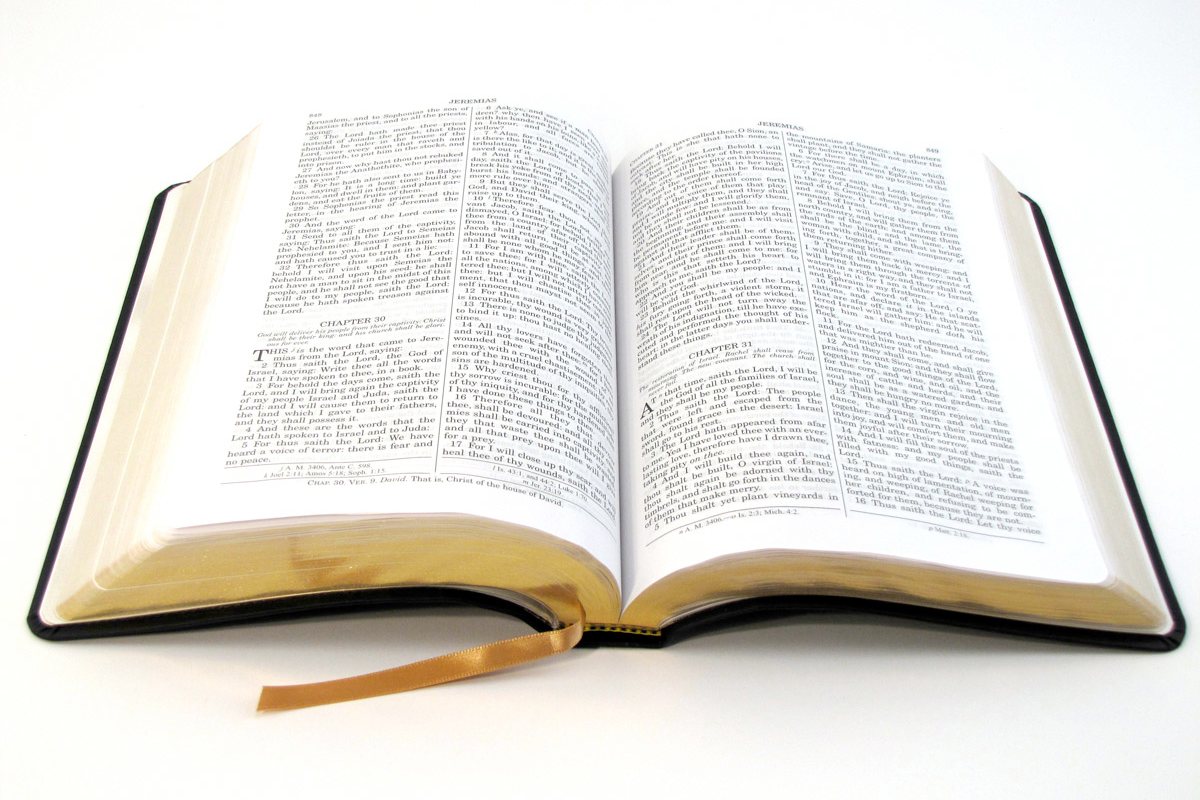Looking to God for Uber-Secure Internet Passwords?
While “God” itself is one of the least-secure passwords, men of the cloth have come up with some of the most secure passwords on the internet today – by choosing Bible-based passwords.
This epic advice comes from Right Reverend James Langstaff, Bishop of Rochester, England - who recently told his his flock to capture passwords from the New Testament, and ditch those password123-type oldies. That’s right, the cloth has gone high tech by using oddly-perverse, yet hard-to-crack passwords (by capitalizing on our general lack of biblical knowledge).
“The Bible offers a life-long source of new passwords, that can include both upper and lower case letters and numbers to help create memorable, secure passwords,” says Reverend Langstaff.

To leverage this new advice simply choose your most-read New Testament passage (or any one you know in case you don’t exactly have a ‘favorite’), take the first letter of every word then add the chapter and verse number to the end. So, your password would end up something like this – “ETIWTTVOTSODIWFNE234”. Just in case this acronym-ish password wasn’t clear enough – or your New Testament knowledge is lacking – that’s the password for Psalms 23:4, “even though I walk through the valley of the shadow of death, I will fear no evil.”
Security experts are latching onto the idea, saying that it is creating difficult-to-crack passwords as it uses a complex letter patterns in addition to numbers. The only thing missing is non-alpha numeric characters.
“I thought the idea was quite clever, anything you can to make it easier to remember a complex password is good advice, and any time you can throw numbers it makes it more complex,” says David Marcus of security firm McAfee. Marcus went on to say that difficult passwords, like the Bishop’s, are critical in today’s internet security as hackers are primarily opportunists, cracking the easiest passwords first. Marcus does admit that there are far better security standards than the password-pattern created by the Bishop, “I always push people towards pass-phrases, which can be 250 characters with spaces, almost twice as long as a tweet, you can choose a phrase from a song or line from a poem and the pass-phrase will be darn near impossible to crack.”
Marcus notes that for publicly religious people the password could become problematic–especially if users post their favorite passages on their social profiles.